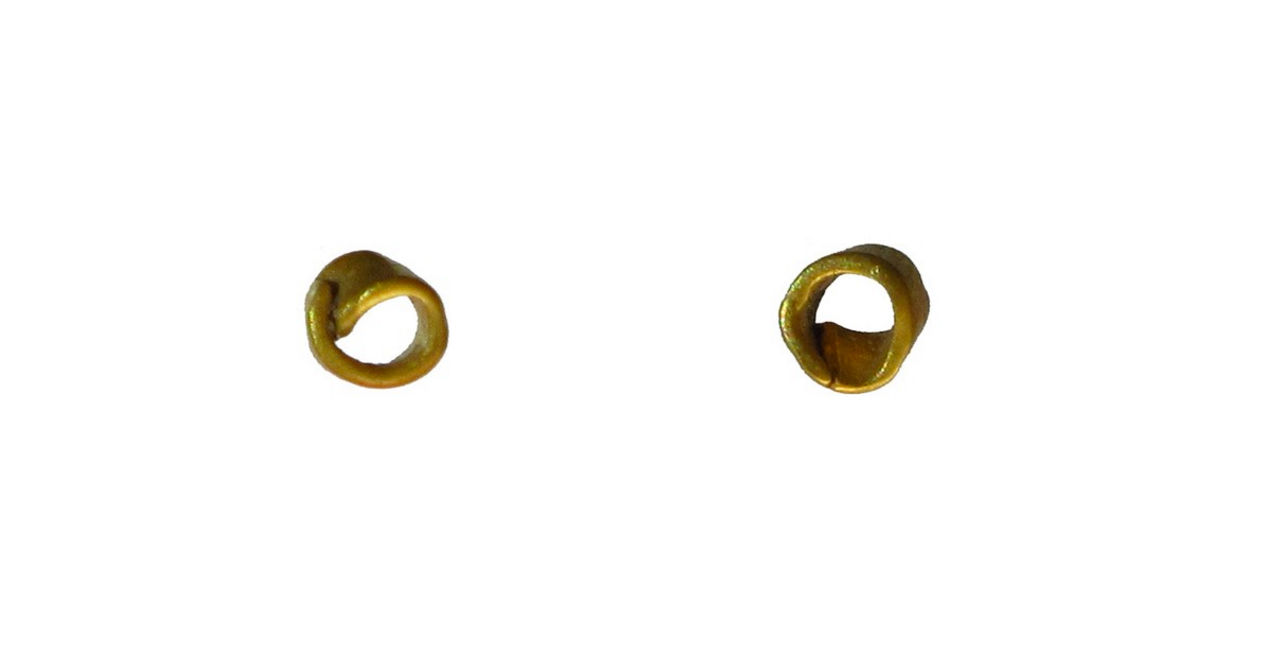Information
Oldest Gold Artifact Found in Bulgaria
Bulgarian
archaeologists say they have found the world's oldest gold artifact — a tiny
bead which they believe is 6,500 years old.
The bead was
unearthed in the remains of a small house at a prehistoric settlement known as
Tell Yunatsite, just outside the modern town of Pazardzhik. It's small,
measuring just four millimeters (0.16 inches) in diameter and weighing 15
centigrams (0.005 ounces).
According to
Yavor Boyadzhiev, associated professor at the Bulgarian Academy of Science, the
fortified site was the first "urban" settlement in Europe, founded
around 6,000 B.C. by migrants from Anatolia, in today's Turkey.
RELATED: Dark History of
Gold Begins With Smashed Stars
"The
bead was found on the floor of a building in a secure stratified context,"
Boyadzhiev told Discovery News.
"Its
position along with the pottery found within the building are evidence enough to
date it to the middle of the Copper age, around 4,500-4,650 B.C.," he
added.
The dating
would make the tiny gold artifact some 200 years older than the cache of gold
found previously in a Copper Age necropolis in the Bulgarian Black Sea city of
Varna. Excavated between 1972 and 1991, Varna yielded what was assumed to be
the oldest gold of mankind.
RELATED: 'Vampire'
Skeletons Found in Bulgaria
"The
gold found in Varna is dated to the middle of the late Copper age, around
4,200-4,400 B.C. and is without doubt younger than the bead from
Yunatsite," Boyadzhiev said.
"Our
finding proves that gold processing began earlier than we believed and in a
much larger area," he added.
Boyadzhiev
noted the bead is just one of many artifacts that prove the existence of a well
developed civilization in Bulgaria during the fifth millennium B.C.
His team also
unearthed more than 150 ceramic figures of birds, suggesting the animal was
worshiped at Tell Yunatsite.
The
settlement was destroyed by invading tribes around 4,100 B.C.
Category: English
News
Information
Key words:

